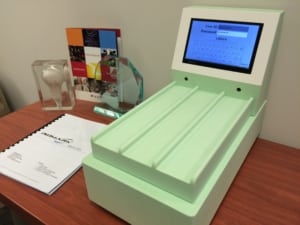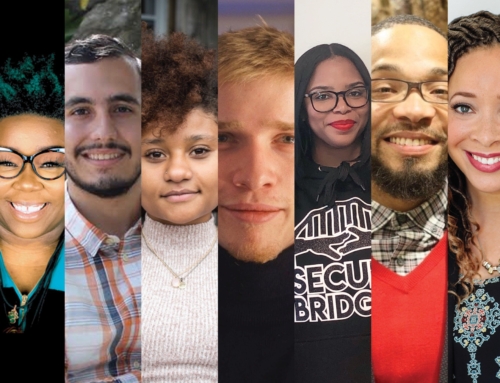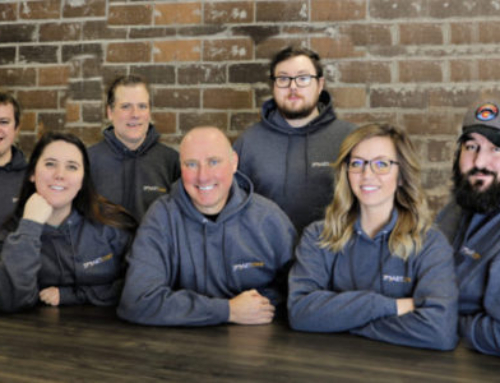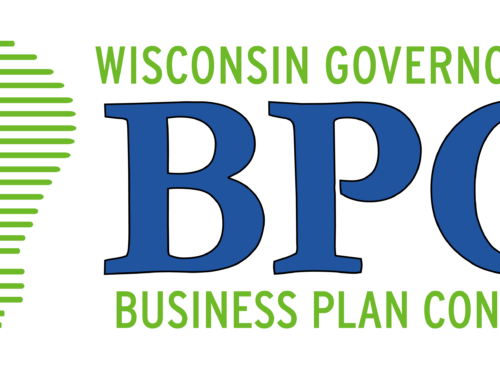A new breath-based test that can detect infection within two hours of its onset is well on its way to commercialization and public launch, thanks to continued innovation at Madison-based Isomark LLC.
Isomark was founded in 2007 after a group of scientists from the University of Wisconsin-Madison discovered a way to use breath markers to detect infections earlier in patients – even before they experience symptoms – and that a market existed for the test in hospitals.
The company anticipates launching its patented device, Canary™, for public use in 2017. This infection monitoring technology is based on metabolism, and once a particular shift in metabolism is detected, an infection is indicated.
The company is also developing a smaller version of Canary, which it hopes to launch at around the same time. Currently, Isomark is conducting research trials to get its products FDA approved.
“Perseverance is the biggest trait that an entrepreneur needs to have,” said Joe Kremer, chief executive officer of Isomark. “When issues come up, you have to view them as an opportunity for your strategy, goal and marketing plan.”
When forming the company, Kremer worked with WEDC consultants who helped him determine which resources he was eligible for and how the extra funding could help his startup business grow. Early on, Isomark was certified for $1 million in investment tax credits through WEDC’s Qualified New Business Venture (QNBV) program. As part of the program, investments in QNBVs made by angel investors, angel investment networks and qualified venture capital funds are eligible to receive a tax credit equal to 25 percent of the amount of the equity investment made in Isomark.
Most recently, Isomark was the recipient of WEDC’s $187,500 Technology Development Loan (TDL) to help finance the development and commercialization of their products and services. So far, Isomark has used its TDL funding to purchase equipment to further examine carbon isotopes in the breath, as well as for product development and covering expenses for various studies.
“We haven’t even spent a third of those dollars yet and it’s already been incredibly helpful,” Kremer said. “We plan to use the remaining funds for other upcoming studies.”
Currently, Isomark has five employees, including part-time staff. Kremer is optimistic that as Isomark grows, more jobs will be added.
“Funding from WEDC has enabled us to make at least one full-time hire, which is significant from our standpoint and we hope to continue expanding and adding jobs,” Kremer said.
In addition to WEDC resources, Isomark has received assistance from Merlin Mentors, UW-Madison’s Law and Entrepreneurship Clinic and the Center for Technology and Commercialization, as well as grants from the National Institutes of Health and UW-Madison and an investment from the Wisconsin Alumni Research Foundation.










FOLLOW US